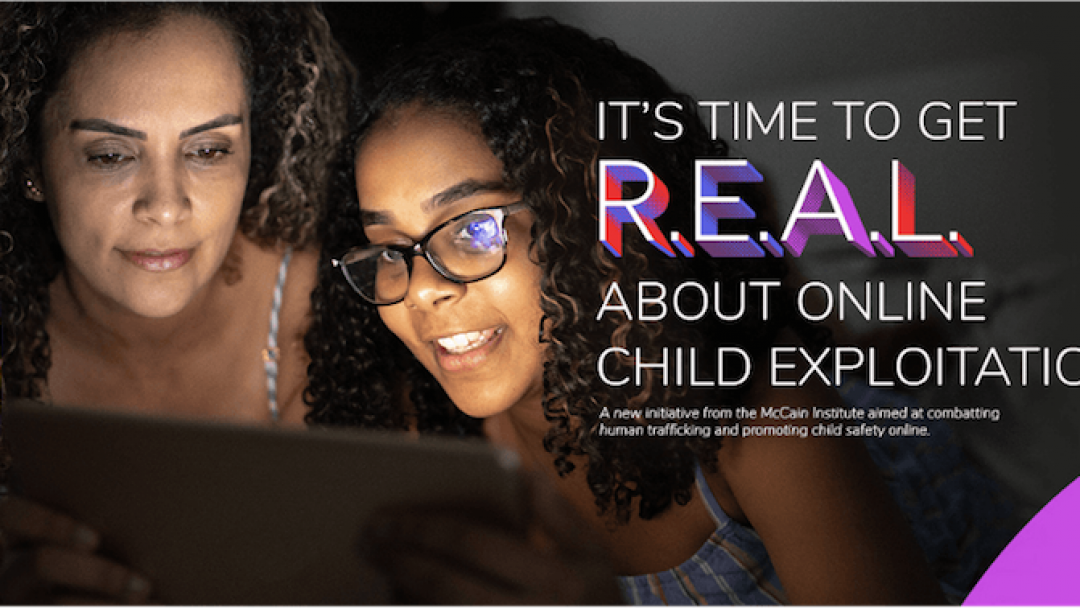Amid the COVID-19 pandemic, there has been a massive spike in reports of online child sexual exploitation.
According to the National Center for Missing & Exploited Children, reports of suspected child sexual exploitation have increased by 106% during the pandemic.
That’s why the McCain Institute Combatting Human Trafficking Program recently launched an online child safety campaign called R.E.A.L Friends Don’t.
R.E.A.L. stands for: Raise the topic of online safety with your kids; Educate yourself on the technology your kids are using; Act if something makes you or your child uncomfortable; and Learn more about how you can help your kids navigate their digital lives.
“Parents are overwhelmed right now with trying to deal with schooling and their own jobs – things are rough right now,” Cindy McCain said.
McCain described the new campaign as an online resource full of tools for parents and guardians including conversation starters and other ways to “know platforms”.
“It’s about talking to them about what they experienced while they were online,” McCain said. “Did someone try to break into their conversation? Did someone they don’t know wind up in their chat room?”
It’s also important for parents and guardians to educate themselves on the technology their kids are using. If you see something on their screen that looks suspicious, you have the power to change settings and also look at the browser history.
The goal of the campaign is to increase awareness and educate parents, caregivers and young people about online safety and empower parents to protect their children from harmful content, grooming or online exploitation.
R.E.A.L. Friends Don’t provides comprehensive resources in English and Spanish to caregivers across the country pointing them back to the information and tools offered on its website.








